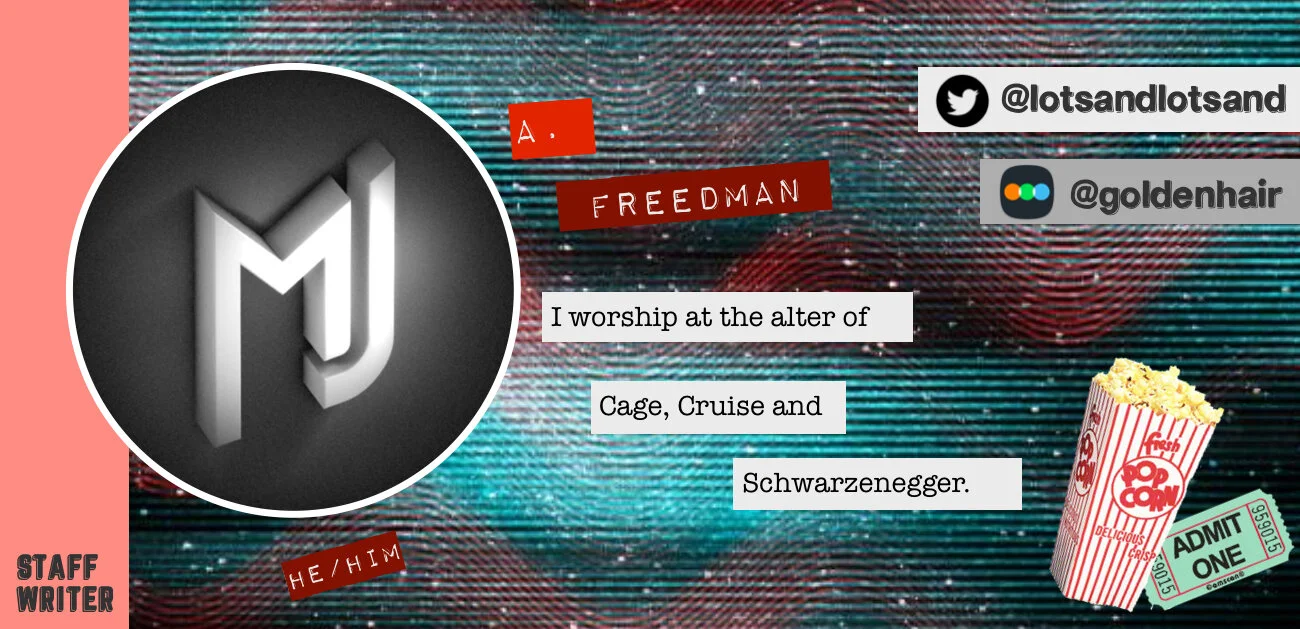PFF2022: ONE FINE MORNING, SUBTRACTION and R.M.N.
by A. Freedman, Contributor
Three films that had their Philadelphia debut at this year’s Film Festival.
One Fine Morning (Dir. Mia Hansen-Løve)
Sandra (Léa Seydoux) is a thirty something single mother who thinks that love is behind her. Sandwiched between an ailing father and a young whippersnapper of a daughter, the Parisian translator has enough on her plate...but if you don't leave room in your life for love, it has a way of forcing its way in. When she runs into Clément, a friend of her absent ex-husband, the long simmering chemistry finally has a place to go- even though he himself is married.
Hansen-Løve has a deft hand at making sharp dramas that take their time, with very real characters. In One Fine Morning, we are along for the ride with Sandra as she navigates this vulnerable transition in her life. Her father (a magnificent Pascal Greggory) is suffering from a neurodegenerative condition as he gets moved through various assisted living facilities. His memories are fading quickly and she has trouble knowing who she is to him now — just as she doesn't know who she is to the still married Clément, other than a passionate love object. Sandra has feelings and passions, and One Fine Morning is the story of her trying to build a life where these things have a secure place to be. She won't be able to hold onto everything- no one can. I loved this tenderly observed story of beautiful French people trying to do their best. Although I was disappointed, waiting for a Bill Callahan needle drop that never came.
Subtraction (Dir. Mani Haghighi)
It's a rainy day in Tehran, and Farzaneh (Taraneh Alidoosti) is working her job as a driving instructor when she suddenly sees her husband getting on a bus — nowhere near where he should be. Confused and suspicious, she follows him as he enters an apartment building that is not their own.
Farzaneh's grip on reality seems questionable at first, until this strange dream becomes more certain. Her husband Jalal and her have a pair of near perfect doppelgangers, who are also married to each other, living in Tehran. Are they long lost siblings? If they were, what are the chances that they would meet and marry each other?
Farzaneh, Jalal and their doppelgangers lead complicated lives and relationships, like any married couple. Subtraction adds (hehe) the layer of living under an oppressive theocratic regime. How can people expect to be the best versions of themselves, when their societal structure leads them to be at their worst?
Subtraction is part of a recent trend of arthouse dramas that are happy to take elements more typically seen in genre films, in order to better tell a story. You could call it science-fiction, but there are no special effects beyond doubling the actors on-screen. It reminded me of something that no-budget genre filmmakers Justin Benson & Aaron Moorhead might make, if they collaborated with Asgar Farhadi. It kept me deeply invested until the very end.
R.M.N. (dir. Cristian Mungiu)
The Romanian auteur Cristian Mungiu (4 Months, 3 Weeks and 2 Days) returns to the fall festival circuit with another perfect dissection of Romanian society in R.M.N. It makes for a perfect double feature with Subtraction — another arthouse drama that seems ready to veer into genre at any point.
Matthias is a migrant contract worker in a slaughterhouse in Germany, but has to flee home to Romania after finding himself in trouble. He returns home to his small mountain village in Transylvania. There are no vampires around, but plenty of evil gets stirred up when seasonal workers from Sri Lanka are brought in to a local industrial bakery, right before the Christmas rush. Matthias has a young son, Rudi, and a girlfriend who manages the bakery that started all the ruckus. Mungiu takes plenty of time to set the scene of the village — getting to know its people, its setting, and what it's like to be there at the beginning of winter. It isn't long before a frenzy of xenophobia sets in...slowly, then all at once.
R.M.N. then undergoes a shift in tone not dissimilar from 2019's masterful Bacurau. A quiet village that starts to come under threat. But where is the threat coming from this time?
As globalization continues unabated, spurring migration and changing demographics, R.M.N. is a deeply enthralling look at a now all too familiar tale — a homogenous place desperately clinging to its old ways, no matter the cost. Matthias starts to come into focus as a potential hero (I kept imagining an American version in the 1980's starring Kurt Russell), and much of the film teeters on what kind of choices the lead characters might make as the pressure piles on. Even with a divisive ending that will have you wondering for days, R.M.N. is the best film I have seen so far at the fest.





